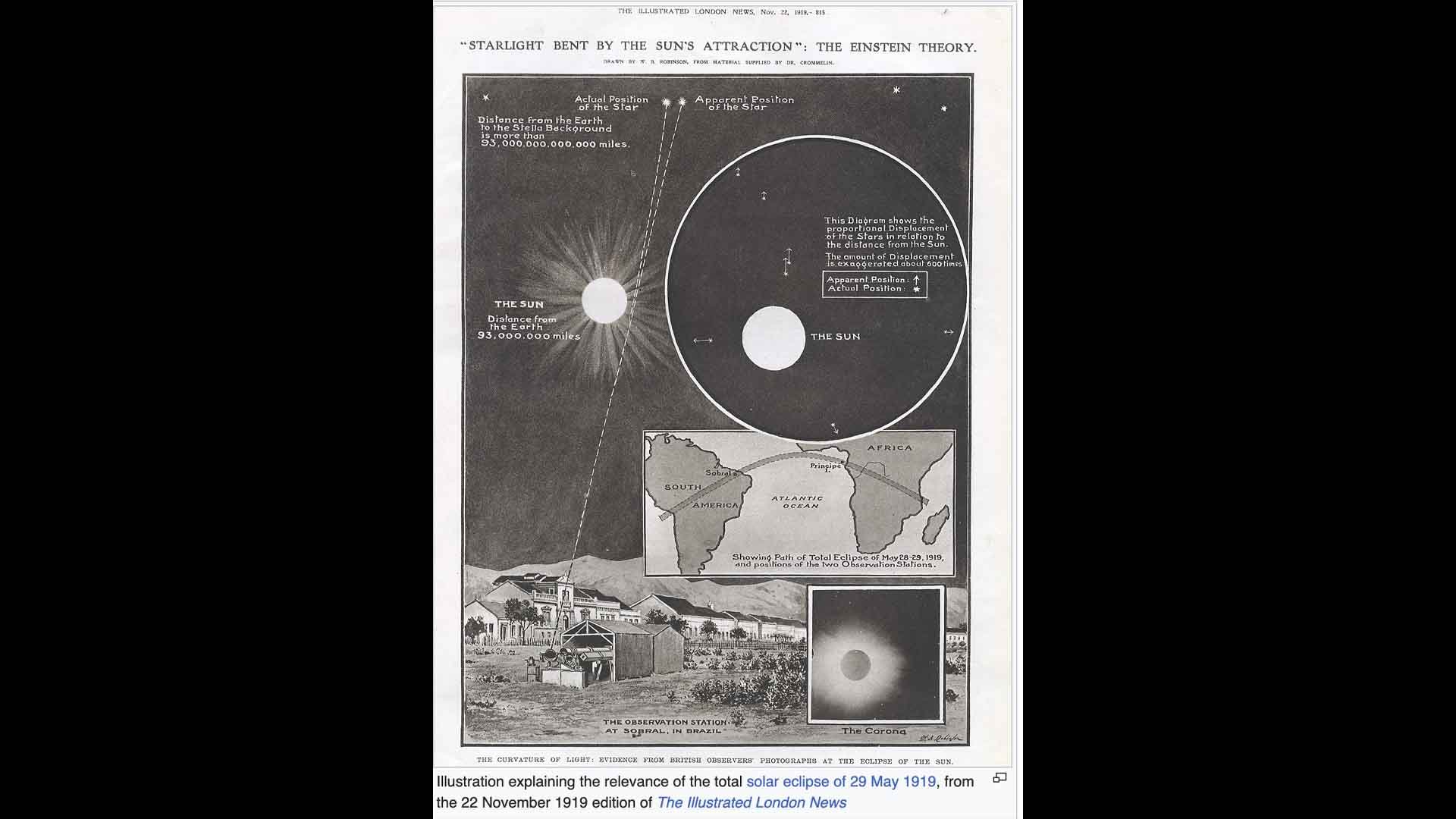For the source text click/tap here: Bava Metzia 38
To download, click/tap here: PDF
Steinsaltz : "According to the Mishna on our daf, if a person approaches two people and admits that he stole 100 zuz from one of them, but that he does not remember from whom he stole, he will have to pay each of them 100 zuz. The Mishna rules similarly in a case where he tells two people that he received 100 zuz from one of their fathers to watch, but he doesn’t remember whose father gave him the money.
The Mishna’s explanation for this is she-hodah mi-pi atzmo – that he admitted his obligation on his own. That is to say, since he desires to make amends, this is the only way to be sure that he is repaying his debt. According to the letter of the law, since he only owes one of them money, and neither of them has a claim against him, he is only obligated to pay 100 zuz one time, and the two people should split the money (see the Rambam in his Mishneh Torah Hilkhot Gezeila VaAveda 4:10).
We explore theft from a spiritual viewpoint and the effect of theft using the Yetzer Hara’s strategies.




















